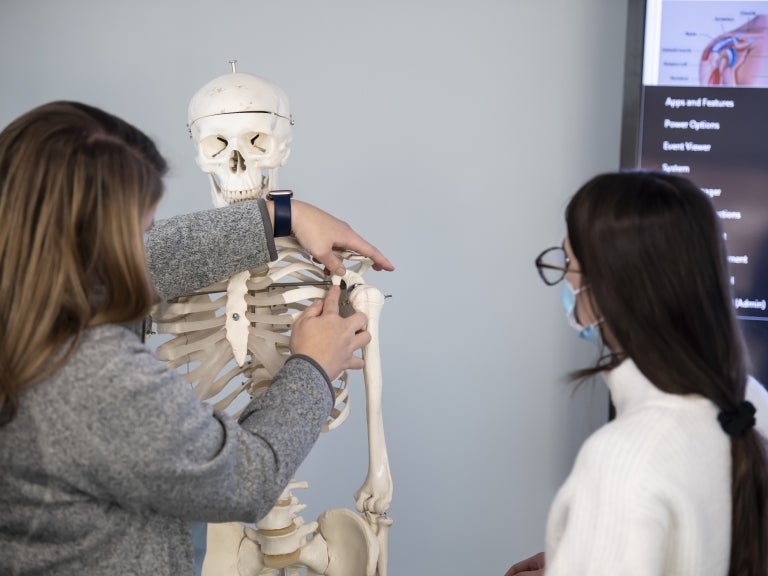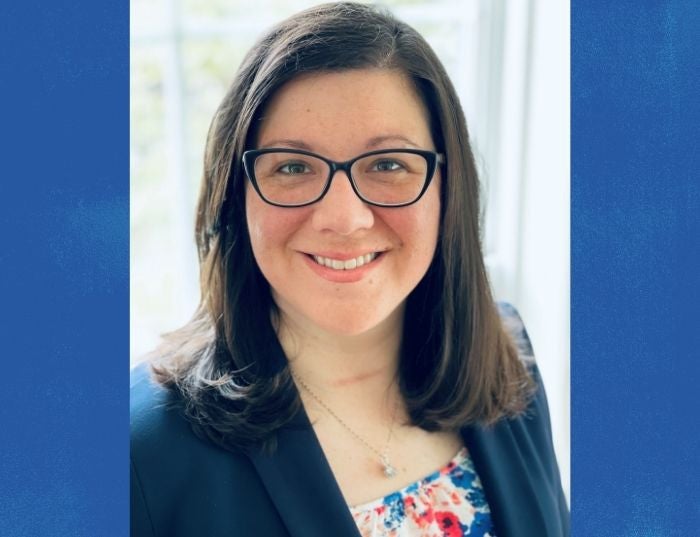
I was fortunate to be able to attend a Continuing Medical Education (CME) conference recently. It was the first conference I had been to since the start of the pandemic. I thought I would fall right back into that familiar conference-attendee flow.
I was wrong. It was different. It was better.
After so many months of living and working in pandemic conditions, I had forgotten how refreshed and energized I would feel in that environment. It was uplifting to be around conference colleagues again. We shared our experiences from the last 20 months, we celebrated accomplishments and we grieved losses.
It was especially refreshing to spend some time with my PA colleagues who are also educators. They have endured teaching and their clinical work in challenging and ever-changing conditions while also modeling good practices of leadership, life-long learning and resilience for the next generation of PAs.
We weathered this storm as PAs, as problem-solvers, as leaders. We were all cautiously optimistic that the pandemic fog was starting to lift. We resolved to look ahead with motivation and purpose.
As PAs, we are motivated to be life-long learners. As PAs, our ability to lead will forge our purpose.
We need to continue to develop our professional skills that will make us more efficient in serving our patients, our students and our colleagues. These leadership skills will enable us to position our organizations to succeed and thrive for everyone’s benefit and will make us more marketable for future opportunities.
We need to build collaborative communities of PAs who embrace life-long learning. Communities who embrace change and communities that lead change. We need to model best practices in every area of health care and education in which PAs work.
Do these goals align with yours? Are you ready to step forward and lead with purpose?
The Doctor of PA Studies program at the University of Pittsburgh can help you achieve these goals. The curriculum is designed to support working PAs. With personalized electives, our program allows you to gain specialized knowledge. Additionally, your doctoral work will directly benefit those in your current place of practice whether it is academic or clinical. You will also have the unique opportunity to complete a collaborative capstone project to increase the impact of your work. The DPAS program will help you build practical and transferrable skills, not just help you earn a credential.
Take the next step. Apply today.
--

Mary C. Allias, EdD, MPAS, PA-C, DFAAPA
Director, Doctor of PA Studies(DPAS)Program
University of Pittsburgh
School of Health and Rehabilitation Sciences
